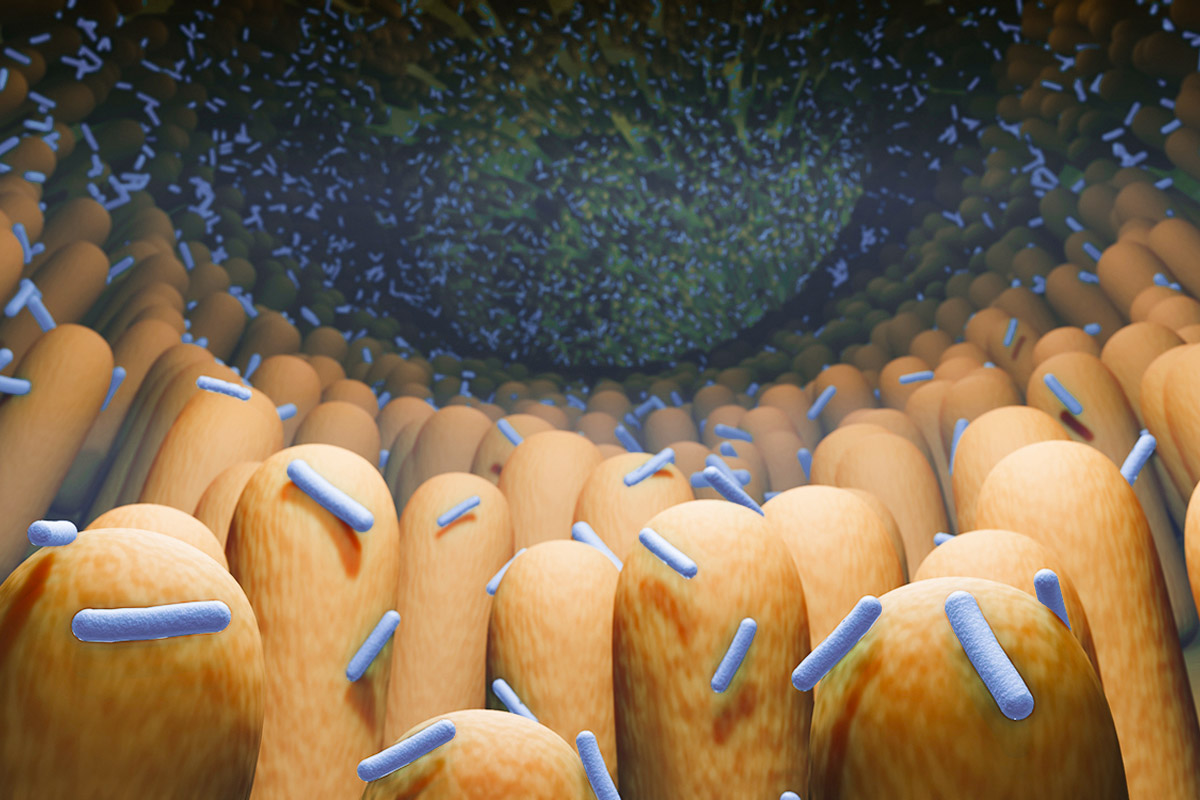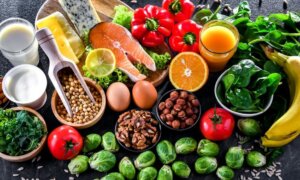Maintaining muscle strength and mass as we age is crucial for overall health and quality of life. Recent research highlights a promising dietary approach to combatting age-related muscle decline.
A 2024 study published in Clinical Nutrition involving more than 5,000 participants revealed a strong correlation between the higher dietary intake of fermented foods containing live microbes (such as yogurt and kimchi) and a reduced risk of sarcopenia. Sarcopenia refers to the age-related loss of strength and muscle mass.
This association held even after adjusting for various confounding factors, including physical activity levels and age.
Bobban Subhadra, chief executive officer of biopharmaceutical company Biom Therapeutics, who has a doctorate in microbiology and immunology, told The Epoch Times that “sarcopenia is a significant concern because it leads to the progressive loss of muscle mass and strength, which can severely impact an individual’s quality of life. It increases the risk of falls, fractures, and disabilities, which can lead to a loss of independence.”
Furthermore, sarcopenia is linked to other health issues, such as metabolic syndrome, frailty, and increased mortality risk.
“As populations age, the prevalence of sarcopenia is rising, making it a public health challenge that requires attention in terms of prevention and management strategies,” Subhadra said.
Microbes’ Role in Sarcopenia
Microbes promote the production of metabolites, such as short-chain fatty acids, which can enhance insulin sensitivity and glucose homeostasis and thus affect muscle function.
A balance between protein degradation and synthesis helps maintain muscle mass. Microorganisms affect the synthesis and breakdown of certain amino acids because these microorganisms engage directly with the mucosal surfaces of the digestive tract. Amino acids are the building blocks of protein.
“We have to remember that protein is the preferred food of our muscles, and live microbes help to strengthen the immune system, which helps with protein synthesis,” Sandra Arévalo, a certified dietitian nutritionist and spokesperson for the Academy of Nutrition and Dietetics with a doctorate in public health, told The Epoch Times.
In a 2022 review published in Cells, researchers examined the interplay between diet and skeletal muscle, glucose regulation, and gut microbiota to support healthy aging and reduce the risk of sarcopenia. The authors wrote that the “loss of muscle mass and function are not an inevitable consequence of the aging process” but rather something that could be prevented or delayed with lifestyle and dietary interventions.
Chris Robert, a certified health coach and owner of The Gut Coach, a UK-based health coach company, told The Epoch Times that probiotics and fermented foods improve the absorption of nutrients such as amino acids, vitamins, and minerals, which are crucial for muscle health. Probiotics can also influence the production of hormones such as insulin and growth factors, vital for muscle maintenance and growth.
“Probiotics can aid in better nutrient absorption, increase the bioavailability of essential amino acids, and enhance protein metabolism, which is crucial for muscle maintenance and repair,” Subhadra said.
A balanced gut microbiota can further reduce systemic inflammation, a factor linked to muscle wasting and sarcopenia, Robert said.
Assessing Microbiome Health
Robert said symptoms such as bloating, gas, constipation, diarrhea, and heartburn can indicate an imbalance in gut bacteria.
“A compromised gut microbiota can also weaken the immune system, leading to more frequent colds, infections, or illnesses,” he added.
Issues such as eczema, acne, or other skin irritations can also be associated with gut health problems. Due to the gut-brain axis connection, gut health can also influence persistent tiredness, fatigue, anxiety, depression, and mood swings.
Gut Microbiota Interventions
According to Robert, the gut microbiota can be modified through various lifestyle and dietary changes, such as the following:
- A diverse diet rich in fiber, fruits, vegetables, whole grains, and fermented foods promotes a healthy microbiota. Prebiotics, found in foods such as garlic, onions, and bananas, feed beneficial bacteria, while probiotics introduce live beneficial bacteria into the gut. Probiotics are found in foods such as kimchi, sauerkraut, kombucha, yogurt and kefir.
- Taking probiotics and prebiotics can directly and indirectly support the growth of beneficial gut bacteria.
- Regular physical activity has been shown to positively influence the composition and diversity of the gut microbiota.
- Adequate water intake helps maintain a healthy gut lining and promotes the growth of beneficial bacteria.
- Reducing stress through mindfulness, meditation, or yoga can help maintain a balanced gut microbiota.
- Antibiotics can disrupt the gut microbiota balance. “Use them only when necessary and under the guidance of a health care professional,” Robert said.
- Quality sleep supports overall health, including gut health, by allowing the body to repair and restore itself.
Arévalo said gut microbiota can be modified through methods such as bacteria depletion (through an elimination diet, for example) or fecal transplantation (also known as a stool transplant, in which feces is collected from a healthy donor and introduced to a patient’s digestive tract).
“We need to bear in mind that the composition of the gut microbiota is highly individual and influenced by factors such as genetics, age, diet, and environment. What works for one person might not work for another,” Robert said.
Subhadra stated that the interplay between gut microbiota and muscle health is an emerging area of research with many implications for aging populations. He said that ongoing studies aim to elucidate the mechanisms by which gut microbes influence systemic inflammation, metabolism, and muscle function.
“Understanding the gut-muscle axis could lead to innovative therapeutic options for maintaining muscle health as we age,” he concluded.














